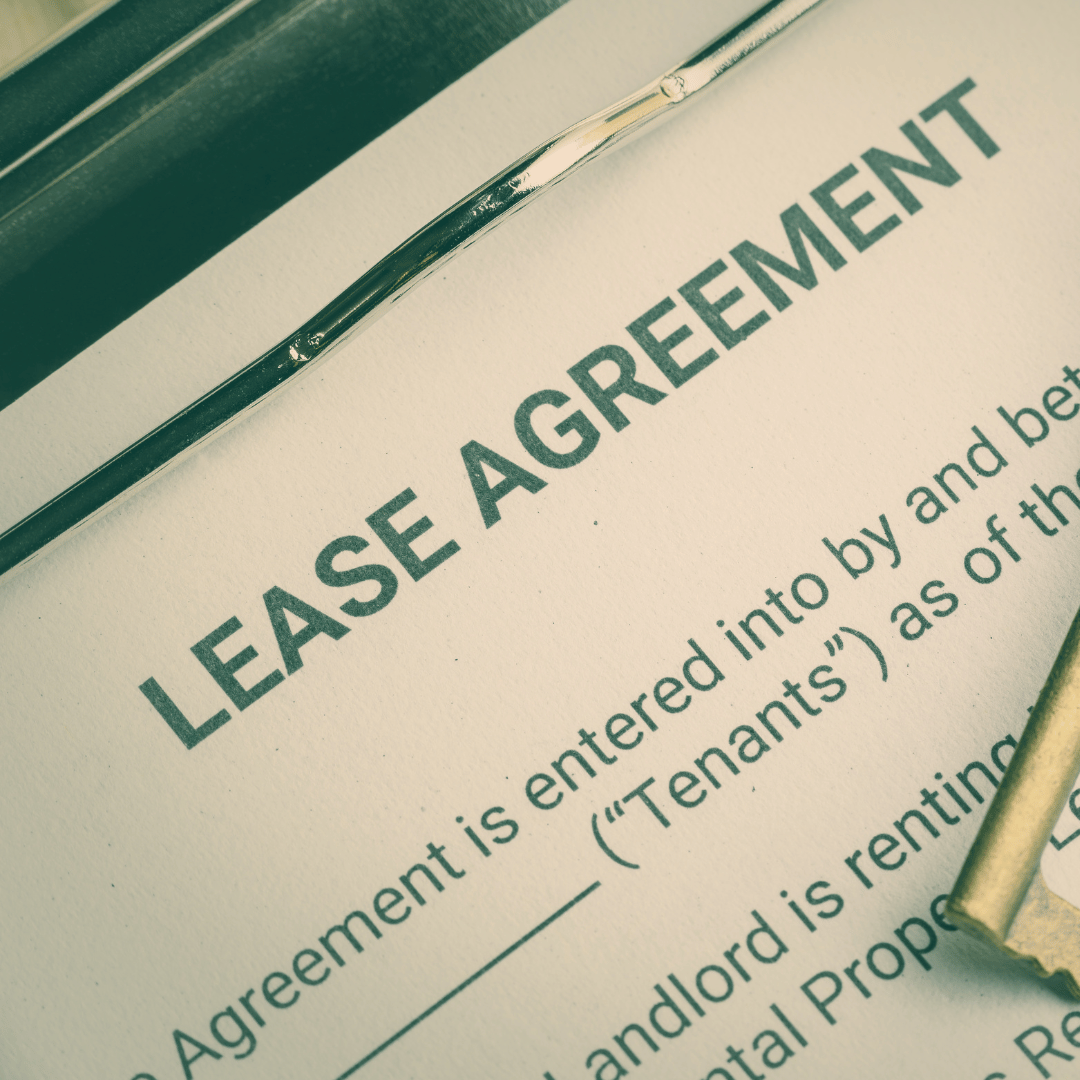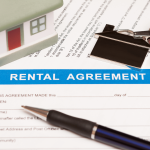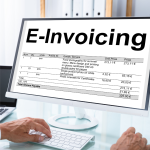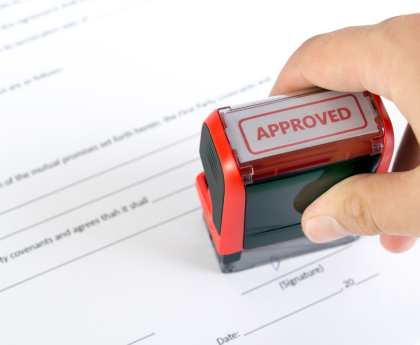Lease Deed Residential Property
A Lease Deed for residential property, also known as a residential property rental agreement, is a legally binding document that outlines the terms and conditions of a rental agreement between a landlord and a tenant. This agreement governs the rental of residential property, including houses, apartments, condominiums, or other types of living spaces. A well-drafted lease deed is essential for both parties to protect their rights and obligations throughout the duration of the lease term.
Format of a Lease Deed for Residential Property:
- Introduction: The lease deed typically begins with an introduction section that identifies the parties involved, namely the landlord (lessor) and the tenant (lessee), along with their respective addresses.
- Description of Property: This section provides a detailed description of the residential property being leased, including its address, unit number (if applicable), and any additional features or amenities.
- Term of Lease: The lease deed specifies the duration of the lease, including the start date and the end date. It may also include provisions for renewal or extension of the lease term.
- Rent and Security Deposit: The agreement outlines the amount of rent to be paid by the tenant, the due date for payments, and the acceptable methods of payment. It also addresses the issue of security deposit, including the amount required and the conditions for its return at the end of the lease term.
- Use of Property: This section defines the permissible uses of the residential property and any restrictions imposed by the landlord, such as prohibitions on subleasing or conducting illegal activities on the premises.
- Maintenance and Repairs: The lease deed specifies the respective responsibilities of the landlord and tenant for maintaining the property in good condition. It may also include provisions for repairs and maintenance, such as the procedure for submitting repair requests and resolving disputes.
- Utilities and Services: The agreement clarifies which utilities and services are included in the rent (e.g., water, electricity, garbage collection) and which are the responsibility of the tenant to arrange and pay for separately.
- Entry and Inspection: This section outlines the landlord’s rights to enter the premises for purposes such as repairs, inspections, or showing the property to prospective tenants or buyers. It typically specifies the required notice period and the tenant’s rights regarding privacy and quiet enjoyment of the property.
- Termination and Renewal: The lease deed includes provisions for early termination of the lease, such as breach of contract by either party or mutual agreement to terminate. It also addresses the procedures for renewal or extension of the lease term.
- Miscellaneous Provisions: This section may include additional terms and conditions relevant to the specific rental arrangement, such as pet policies, parking rules, or restrictions on alterations to the property.
Benefits of a Lease Deed for Residential Property:
- Legal Protection: A well-drafted lease deed provides legal protection for both landlords and tenants by clearly outlining their rights and obligations. It helps to prevent misunderstandings and disputes that may arise during the course of the tenancy.
- Clarity and Certainty: By specifying the terms of the rental agreement in writing, a lease deed ensures clarity and certainty regarding important issues such as rent payments, maintenance responsibilities, and lease duration.
- Enforceability: A signed lease deed is a legally enforceable document that can be used as evidence in court if disputes arise between the landlord and tenant. It helps to establish the rights and obligations of both parties under the law.
- Financial Security: For landlords, a lease deed provides financial security by guaranteeing a steady stream of rental income for the duration of the lease term. For tenants, it offers the assurance of a stable living arrangement and protection against arbitrary rent increases or eviction.
How to Draft a Lease Deed for Residential Property:
- Consult Legal Counsel: It is advisable for landlords and tenants to seek legal advice when drafting a lease deed to ensure that their rights and interests are adequately protected.
- Include Essential Terms: The lease deed should include essential terms such as the names of the parties, description of the property, rent amount, lease term, and security deposit requirements.
- Be Clear and Specific: It is important to be clear and specific when drafting the terms of the lease deeds to avoid ambiguity or misunderstandings. Use plain language and avoid legal jargon whenever possible.
- Customize for Specific Needs: Depending on the unique circumstances of the rental arrangement, the lease deeds may need to be customized to address specific issues or concerns, such as pet policies, parking arrangements, or maintenance responsibilities.
- Review and Negotiate: Both parties should carefully review the terms of the lease deeds and negotiate any changes or modifications before signing. It is important for both parties to fully understand and agree to the terms of the agreement.
Sample Format of a Lease Deed for Residential Property:
[Title: Residential Lease Agreement]Parties:
- Landlord: [Name], [Address]
- Tenant: [Name], [Address]
Description of Property:
- Address: [Property Address]
- Unit Number: [If Applicable]
- Description: [Description of Property]
Term of Lease:
- Start Date: [Date]
- End Date: [Date]
- Renewal Option: [Yes/No]
Rent and Security Deposit:
- Monthly Rent: [Amount]
- Due Date: [Date]
- Security Deposit: [Amount]
- Conditions for Return: [Conditions]
Legal Complications and Considerations:
- Local Laws and Regulations: Landlord-tenant laws and regulations vary by jurisdiction, so it is important to ensure that the lease deed complies with applicable laws and regulations in the relevant area.
- Fair Housing Laws: Landlords must be aware of and comply with fair housing laws, which prohibit discrimination on the basis of race, color, national origin, religion, sex, familial status, or disability in housing transactions.
- Dispute Resolution: In the event of disputes between the landlord and tenant, the lease deed may specify procedures for resolving disputes, such as mediation or arbitration, before resorting to litigation.
- Changes in Circumstances: It is important to anticipate and address potential changes in circumstances that may affect the rental arrangement, such as changes in rent, lease terms, or property ownership.
- Breach of Contract: If either party fails to fulfill their obligations under the lease deed, it may constitute a breach of contract. Common breaches include non-payment of rent, failure to maintain the property, or unauthorized subletting. In such cases, the non-breaching party may seek remedies such as termination of the lease, eviction, or monetary damages.
- Tenant Rights: Tenants have certain legal rights under landlord-tenant laws, including the right to habitable living conditions, privacy, and freedom from discrimination. Landlords must ensure that their actions comply with these rights to avoid legal liability.
- Eviction Proceedings: If a tenant violates the terms of the lease or fails to pay rent, the landlord may initiate eviction proceedings to regain possession of the property. However, landlords must follow the proper legal procedures for eviction, including providing notice to the tenant and obtaining a court order if necessary.
- Rent Control and Rent Stabilization: In some jurisdictions, rent control or rent stabilization laws may limit the landlord’s ability to increase rent or terminate a tenancy. Landlords must comply with these laws to avoid legal penalties.
- Property Damage and Liability: Landlords may be held liable for injuries or property damage caused by dangerous conditions on the premises. It is important for landlords to maintain the property in a safe and habitable condition and to carry adequate insurance coverage to protect against potential liability claims.
- Dispute Resolution: In the event of disputes between the landlord and tenant, both parties may seek resolution through negotiation, mediation, arbitration, or litigation. The lease deed may specify procedures for resolving disputes, but ultimately, unresolved disputes may require legal intervention.
- End of Lease Term: Upon expiration of the lease term, the parties must decide whether to renew the lease, negotiate new terms, or terminate the tenancy. If the tenant remains in possession of the property beyond the lease term without renewing the lease, it may create legal complications for both parties.
In summary, while a well-drafted lease deed can provide clarity, certainty, and legal protection for both landlords and tenants, legal complications may still arise during the course of the tenancy. It is important for both parties to understand their rights and obligations under the lease deed and to seek legal advice if disputes or complications arise. By adhering to the terms of the lease deed and complying with applicable laws and regulations, landlords and tenants can minimize the risk of legal disputes and ensure a smooth and mutually beneficial rental experience.
Frequently asked questions (FAQs) related to Lease Deed for Residential Property:
- What is a Lease Deed for Residential Property?
- A Lease Deed for residential property, also known as a residential property rental agreement, is a legally binding document that outlines the terms and conditions of a rental agreement between a landlord and a tenant for residential property.
- What are the essential components of a Lease Deed?
- Essential components of a Lease Deeds typically include the names and addresses of the parties, description of the property, lease term (start and end dates), rent amount and due date, security deposit requirements, rules for maintenance and repairs, utilities and services included, entry and inspection rights, termination and renewal provisions, and any additional terms or conditions agreed upon by the parties.
- Why is a Lease Deed important?
- A Lease Deed is important because it establishes the legal rights and obligations of both landlords and tenants, provides clarity and certainty regarding the terms of the rental agreement, and serves as evidence in case of disputes or legal proceedings.
- Can I modify the terms of a Lease Deed?
- Yes, the terms of a Lease Deed can be modified through negotiation between the landlord and tenant. Any modifications should be documented in writing and agreed upon by both parties before signing the lease deed.
- What happens if either party breaches the terms of the Lease Deed?
- If either party breaches the terms of the Lease Deed, it may constitute a breach of contract. The non-breaching party may seek remedies such as termination of the lease, eviction, or monetary damages, depending on the nature and severity of the breach.
- What should I do if I have a dispute with my landlord or tenant?
- If you have a dispute with your landlord or tenant, you should first attempt to resolve the issue through communication and negotiation. If a resolution cannot be reached, you may seek assistance from a mediator, arbitrator, or attorney to help facilitate a resolution or pursue legal remedies.
- Is a Lease Deed the same as a Rental Agreement?
- While the terms “Lease Deed” and “Rental Agreement” are often used interchangeably, there may be differences in terminology and legal implications depending on the jurisdiction. In general, both documents serve to outline the terms of a rental agreement, but a Lease Deed typically implies a longer-term lease arrangement, while a Rental Agreement may be used for shorter-term or month-to-month tenancies.
- Do I need to register a Lease Deed with authorities?
- In some jurisdictions, it may be required to register a Lease Deed with local authorities or government agencies. Landlords and tenants should consult local laws and regulations to determine if registration is necessary in their area.
These are just a few common questions related to Lease Deeds for Residential Property. If you have specific questions or concerns about a lease agreement, it is recommended to seek advice from legal professionals or housing authorities familiar with local laws and regulations.
Conclusion
In conclusion, a Lease Deed for residential property is an essential document that governs the relationship between landlords and tenants. By clearly outlining the terms and conditions of the rental agreement, a well-drafted lease deed provides clarity, certainty, and legal protection for both parties. From describing the property and specifying rent payments to addressing maintenance responsibilities and outlining dispute resolution procedures, the lease deed serves as a roadmap for the rental arrangement.
Throughout the duration of the lease term, both landlords and tenants must adhere to the terms of the lease deed and comply with applicable laws and regulations. Legal complications can arise, but with careful drafting, negotiation, and communication, many issues can be prevented or resolved amicably.
Ultimately, a lease deed facilitates a mutually beneficial relationship between landlords and tenants, providing landlords with financial security and tenants with a stable living arrangement. By understanding their rights and responsibilities under the lease deed and seeking legal advice when needed, both parties can ensure a successful and harmonious rental experience.
Author Note: This article was authored by Noor Siddiqui, a legal expert specializing in real estate and property law, associated with etaxdial.com. Noor Siddiqui brings extensive experience and expertise in drafting lease deeds and advising clients on landlord-tenant matters. The content of this article reflects Noor Siddiqui’s knowledge and insights as of the publication date. For further information or legal assistance regarding residential property rental agreements, readers are encouraged to visit etaxdial.com or consult with a qualified legal professional.




